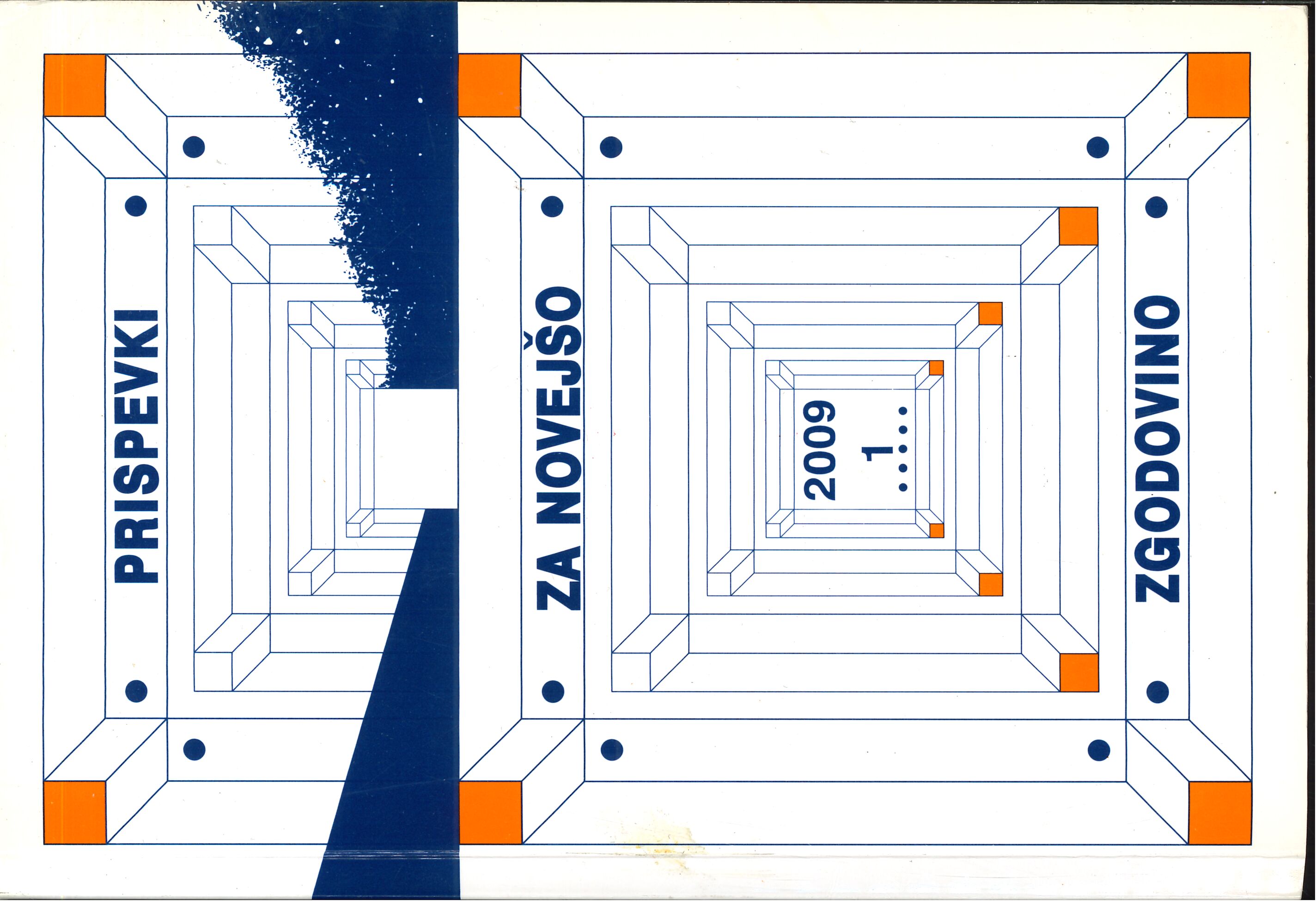On Gosar's Criticism of Parlimentary Democracy
Keywords:
democracy, parliament, crisis of parliamentarism, society, economy, autonomy - self-government, Andrej GosarAbstract
The author of the following article presents the deliberations of Dr. Andrej Gosar about the crisis of contemporary democracy, published in 1926 in the Čas Catholic magazine. Gosar's work has already caught the attention of social sciences experts and historians, but it has not yet been analysed in detail. In his discussion Gosar distanced himself notably from the mainstream Catholic views of democratic movements and parliamentary democracy, since he established that democratic ideas were permanent achievements without any real alternatives, while he reproached the contemporary parliamentarianism with reducing the equality of citizens to the political aspect, which led to the discrepancy between the "democratic parliament" and the social structure due to rapid economic development. According to Gosar, the "democratic idea" therefore had to be supplemented with the "social principle of autonomism and self-management". The following article underlines Gosar's notions of "autonomy and self-management" and also his opinions of classes and strata, which have already been discussed in the relevant sociological literature. As the author mentions, Gosar based his deliberations on certain well-known legal and political theoreticians of the 1920s, whom he did not always agree with.
Downloads
Published
Issue
Section
License
Authors who publish with this journal agree to the following terms:
- Authors retain copyright and grant the journal right of first publication with the work simultaneously licensed under a Creative Commons Attribution License that allows others to share the work with an acknowledgement of the work's authorship and initial publication in this journal.
- Authors are able to enter into separate, additional contractual arrangements for the non-exclusive distribution of the journal's published version of the work (e.g., post it to an institutional repository or publish it in a book), with an acknowledgement of its initial publication in this journal.
- Authors are permitted and encouraged to post their work online (e.g., in institutional repositories or on their website) prior to and during the submission process, as it can lead to productive exchanges, as well as earlier and greater citation of published work (See The Effect of Open Access).


